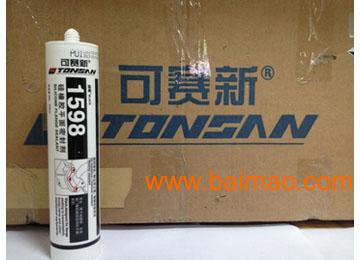Understanding BTU in Tons: A Comprehensive Guide
When it comes to energy conversion and heating systems, the term “BTU in tons” often comes up. But what exactly does it mean, and how does it relate to the heating and cooling capacity of your system? Let’s delve into this topic and explore the various dimensions of BTU in tons.
What is a BTU?

A British Thermal Unit (BTU) is a unit of energy used to measure the amount of heat required to raise the temperature of one pound of water by one degree Fahrenheit. It is a fundamental unit in the field of thermodynamics and is widely used in the heating, ventilation, and air conditioning (HVAC) industry.
Understanding Tons in HVAC

In the context of HVAC, the term “tons” refers to the cooling capacity of an air conditioner or heat pump. One ton of cooling is equivalent to 12,000 BTUs per hour. This unit is used to indicate the amount of heat that a cooling system can remove from a space in one hour.
Converting BTU to Tons

Now that we understand the basic definitions, let’s explore how to convert BTU to tons. To convert BTU to tons, you need to divide the BTU value by 12,000. This will give you the cooling capacity in tons. Here’s an example:
| BTU | Tons |
|---|---|
| 24,000 | 2 |
| 36,000 | 3 |
| 48,000 | 4 |
As you can see from the table, 24,000 BTUs is equivalent to 2 tons, 36,000 BTUs is equivalent to 3 tons, and so on.
Why is BTU in Tons Important?
Understanding BTU in tons is crucial for several reasons:
-
Choosing the Right HVAC System: The BTU in tons value helps you determine the appropriate size of an HVAC system for your space. An undersized system will struggle to maintain the desired temperature, while an oversized system will waste energy and money.
-
Energy Efficiency: A properly sized HVAC system can significantly improve energy efficiency, leading to lower utility bills and a smaller carbon footprint.
-
Comfort: An appropriately sized system ensures that your space remains comfortable throughout the year, regardless of the weather.
Factors to Consider When Choosing an HVAC System
When selecting an HVAC system, there are several factors to consider, including:
-
Climate: The climate in your area will influence the size and type of HVAC system you need. For example, a system designed for a mild climate may not be sufficient for a region with extreme temperatures.
-
Building Size: The size of your building or room will determine the cooling or heating capacity required. Larger spaces will typically need more BTUs.
-
Insulation: Proper insulation can significantly impact the efficiency of your HVAC system. A well-insulated building will require fewer BTUs to maintain a comfortable temperature.
-
Windows and Doors: The number and type of windows and doors in your building can affect the amount of heat gain or loss. More windows and doors may require a larger HVAC system.
Conclusion
Understanding BTU in tons is essential for selecting the right HVAC system for your needs. By considering factors such as climate, building size, insulation, and windows and doors, you can ensure that your system provides efficient and comfortable heating and cooling for your space.



